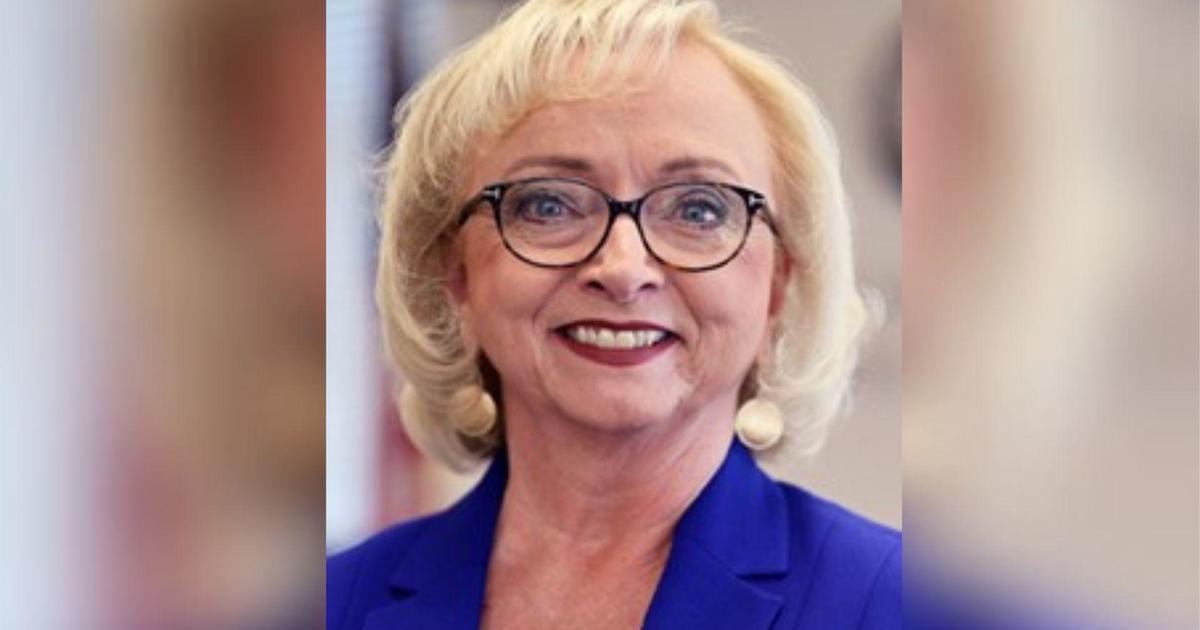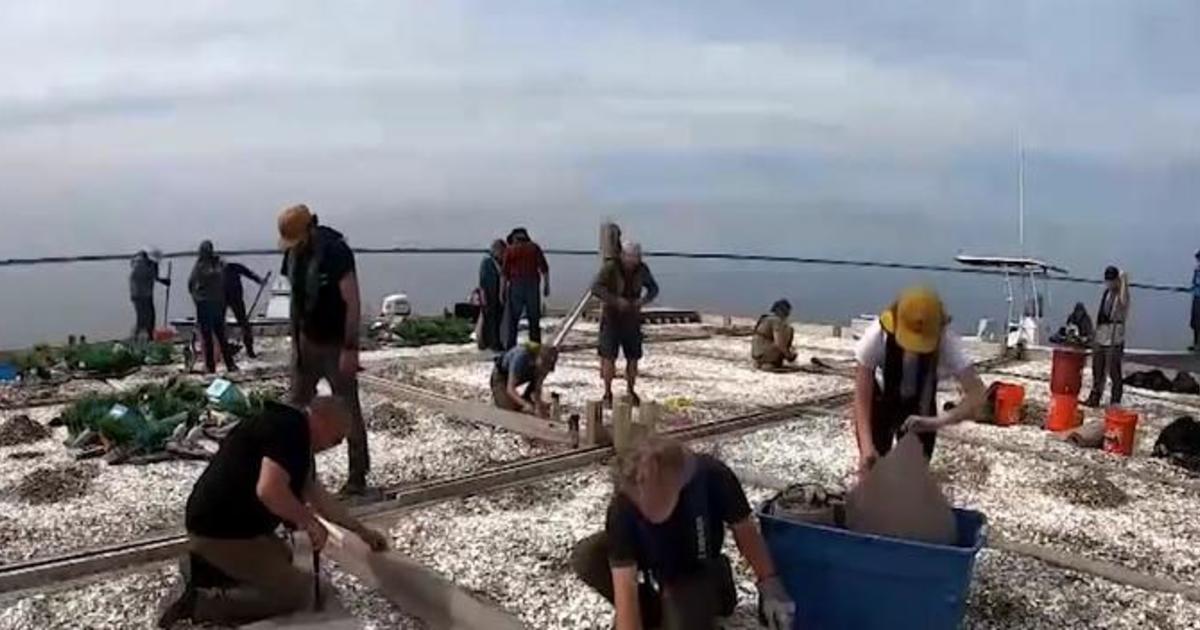Men Sell Pies To Support Md. Community Hall
By BRICE STUMP
The Daily Times of Salisbury
HEBRON, Md. (AP) -- Sweet potatoes, a pie recipe and a determined group of older men are the ingredients for a recipe to better a community.
The Rockawalkin Community Hall, a landmark here since 1915, is kept running and in good shape thanks to the income from two pie bakes.
"In November and December of last year, we had two pie bakes," said Tom Field. "In November we sold 497 pies and in December we sold 420 pies. Between the two pie bakes, we made $4,622 for the Rockawalkin Community Hall."
Just how pies came to support a community hall has its beginnings around 1915.
Folks in the area wanted a center that would serve their social needs, so they built a hall opposite the Rockawalkin Methodist Church. Though not affiliated with the church, the two groups have worked closely over the years for the benefit of each other.
"The old 1915 community hall had a kitchen in the basement," Field said, "so small that a full-size pickup would probably take up the entire space, already crowded with two wood stoves.
"Mom and Dad use to make the dumplin's when they had chicken and dumplin' dinners. They used one of those cast iron pots like they had at hog killin's, out in the hall yard, doin' the dumplin's, because there wasn't room on the stoves to cook," said Bill Toadvine. "In those days, when I was a teenager, all the dishes had to be carried downstairs to be washed in that little place. Richard Johnson and I carried them down in those old, big reed baskets, sliding them down the steps and one time one basket got away from us," Toadvine recalled with a smile.
"We got the water outside from a pitcher pump and it was carried downstairs and heated," Field said. "There wasn't room enough to turn around."
Food had to be taken downstairs to be prepared and carried upstairs to be served.
"It worked those women to death," Toadvine said. "It was a nightmare all right. No men down there cookin'. They were well-known dinners, people waitin' to eat and that's how we kept up the community hall," Toadvine said. "Those dinners were also what kept the church goin', too."
The Rockawalkin United Methodist Church had a basement kitchen built in the mid-1950s and the cooking for the community hall shifted to the church. The cramped kitchen under the community hall closed. Only now the community hall women had to carry prepared dinners across the street and into the community hall to serve them, for the benefit of the hall as well as the dinners sponsored by the church. They weren't happy.
"In the mid-1960s, when we men decided to build a parsonage, the women got really aggravated with us. `Look, as bad as we need a kitchen, you're building a parsonage?' The women decided that was way too much work and threatened to hang it up," Toadvine said.
Three more dinners later, the women made good on their threat.
"From then on we men have done it," he said. "So some of us, interested in building a new community hall, too, got together to put a kitchen in the remodeled hall and we filled in the old basement kitchen."
The kitchen under the church, which was always wet, was closed and the site filled in. All cooking was in the community hall's new kitchen, less the all-woman crew.
The men soon discovered that cooking dinners was more than a notion, so the dinners faded away as a hall fundraiser, and pie baking took its place.
"When we first started bakin' pies for a fund raiser, it was all pretty much women doin' the bakin'," Toadvine said. "We men had no experience, really, in bakin' pies."
But, growing up in a family where everyone pitched in to get meals on the table, Toadvine said, he did pick up some skills, skills that came in handy even when he got married to the late Virginia Holloway, a home economics teacher.
"We never had any decent gravy until I taught her how to make gravy without strainin' it," Toadvine said
"The sweet potato recipe is my late mom's," said Toadvine, 82. "She had to make pies and all kinds of stuff to feed us nine kids and she used all real, natural ingredients. The sweet potatoes, then Maryland Gold, were harvested on the family farm.
"`Round our house, mom come out of the fields about 11:30 a.m., after hoeing and pickin'. If we had broilers, like in July, she would kill `em, pick `em and fry `em and make hot biscuits and have it ready for our lunch," Toadvine said.
Yet when the team of men was organized to bake pies, it was Toadvine's boyhood experiences that made him the boss.
Sure, there were a few learn-as-you-go mistakes, like the time one cook-in-training forgot to add sugar to the pie mixture. During the past 40 years, the men got it down to a science. Now, a crew of six manages to produce almost 500 pies each time they host a pie sale.
Toadvine, the "executive chef," runs a tight ship and, well, won't allow women in his kitchen.
"I don't want them in there when we're cookin'. They talk too much and we lose track of what we're doin'. Truth is, they don't want to come out here anyway; they had a lot of problems when they were bakin' the pies," he said. "There were too many cooks in the kitchen and everyone had their way of doin' things."
It seems everybody is happy with the way things have worked out and the quality of the pies is the best word of mouth advertising.
"I get calls all the time from people who swear our pies are the best. Must be, we get repeat customers and we have doubled our sales in the past three years," Field said.
"When we first started, we didn't have the facilities to bake so many pies so fast. We were up till midnight bakin'. Those early stoves only held five pies at a time," Toadvine said.
A new convection oven now is capable of baking up to 60 pies at a time.
Information from: The Daily Times of Salisbury, Md., http://www.delmarvanow.com/
(Copyright 2011 by The Associated Press. All Rights Reserved.)



